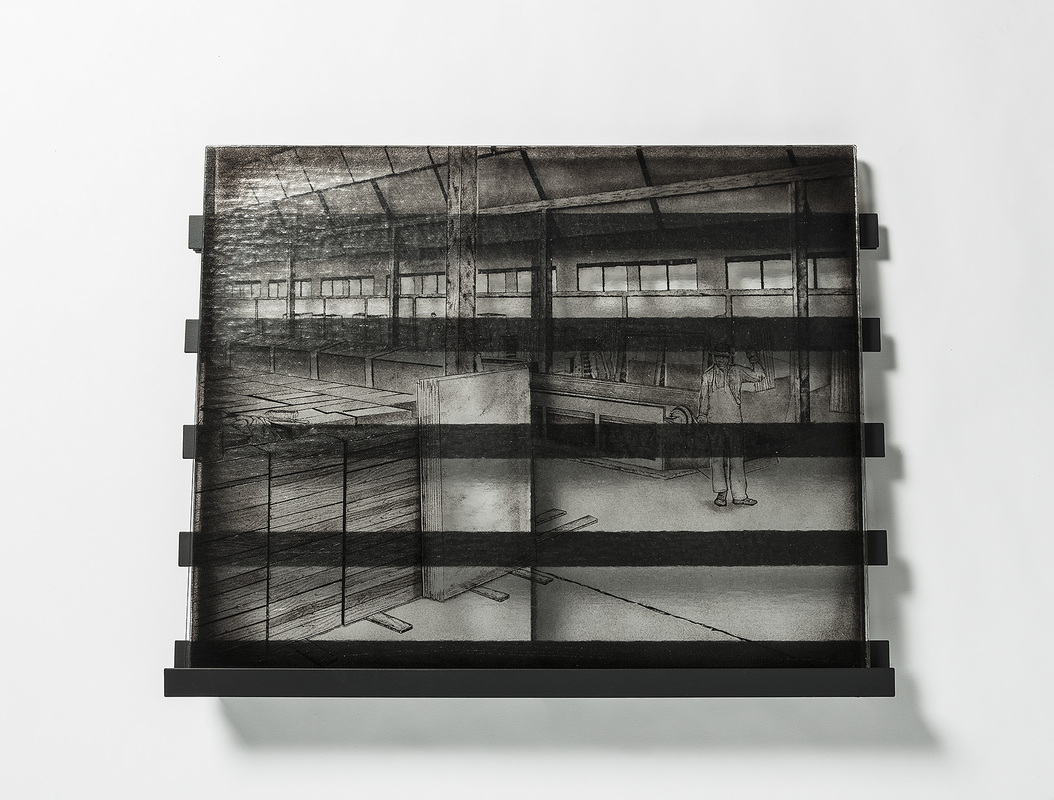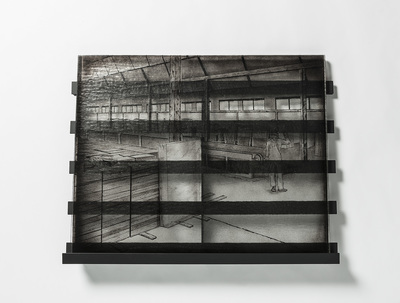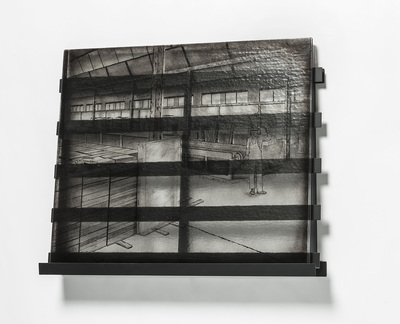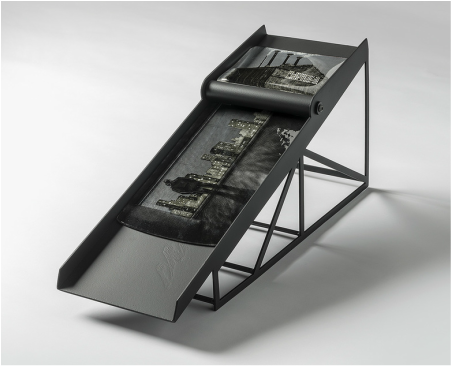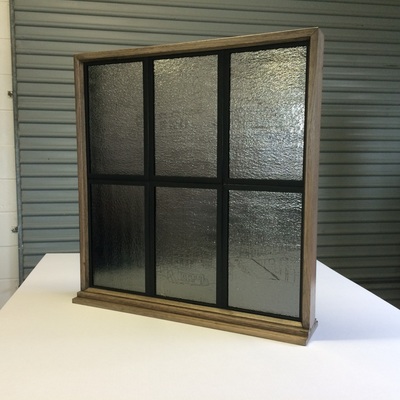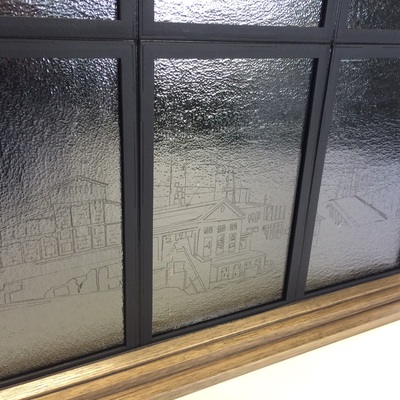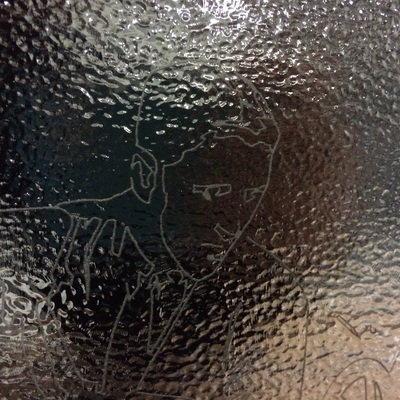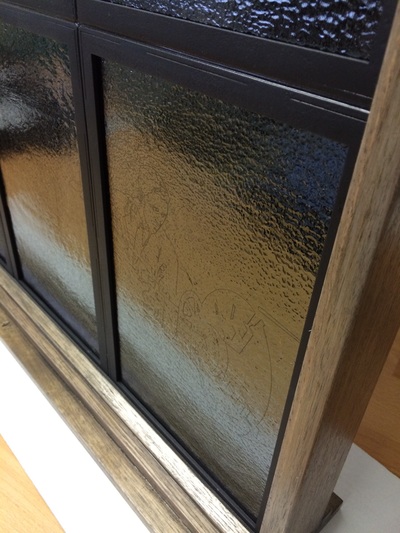|
In pursuing the path of an independent art practitioner, I have found that the path usually has multiple concurrent levels of concentration and effort that need to be engaged to make up a sustainable balance of material outcomes as well as maintain a modicum of momentum. In the upcoming weeks I will attend the opening of a group show that I am part of in Melbourne, begin a part time position at the ANU, continue the pursuit of my academic research as well as complete some small client projects for my studio. The upcoming show (that I will be in) will open at the Incinerator Gallery on August 7th, 2015. This show has been co-curated by Nadia Mecuri and the Incinerator Gallery. The idea for the show is this: "A selection of nine contemporary artists working with glass have been invited to re-contextualize these technical and industrial practices to reference the origins of glass and its industrial and scientific history. Each artist brings their own innovation, imagination to their practice, but the one thing common to them all is the continuation of process, materiality and skills that are now reflected in concepts relevant to today and glass industries at large. Closes 27 September." For this exhibition, I have made three separate pieces that all relate to the history and production of sheet glass. My focus on this particular area of glass production is inspired by the major layers of my personal professional history (my first job in my field, the place I found gainful employment after college and the methods of production I employed to begin my own custom fabrication business) being all based on situations or sites related to sheet glass. The compiled image in the work Built in Layers, is a hand rendered version of a historic photo of the end of the Colburn sheet glass process production line in my hometown of Toledo, Ohio in 1916-1917. This short-lived process was developed at the Libbey Glass Factory (my first major employer in my field) and was one of the important precursor methods of sheet glass production leading up to the advent of today’s modern float glass process (that began in the 1950’s). The title of this work addresses the production of the separate sheets, the compilation of the rendered image as well as the subject matter’s presence and role in the evolution of the material’s production history. The form of the work Drawn from the Factory is derived from the basic idea of a single roller sheet glass machine. This process is one where a mass of molten glass is squeezed into a sheet by a roller that is positioned a particular distance from the forming bed. This method of sheet making has been in use since the 16th century and is still used today to create colored hand rolled sheet glass at the Bullseye Factory in Portland, Oregon (my major employer after college). With this work, the two images have been hand drawn to illustrate the relationship of the (glass) factory to its receiving society and surrounding structures. The third work I have for this exhibition is called The Factory Windows. The construction of this set mimics the scale and structure of the windows that were in my first commercial studio in Portland as well as ones that can be commonly found in industrial buildings from the early 1900’s onward. Each of the panes on one side of this work hold an etched contour drawing made from a photograph of an individual working within a factory. The opposite side of each section holds another illustration of the actual factories where each worker would be found from the 1930’s to the 1960’s. The construct of this piece looks to highlight these concurrent interior and exterior views to relay the viewpoint of importance that each existence had in relation to the success and development of the other.
1 Comment
|
Please click HERE to let me know if there are any topics you would like me to post information about.
Categories
All
|
